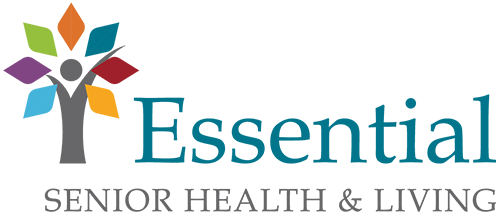Blog from EverydayHealth.com
Americans love sodium chloride, also known as common table salt — and they eat far too much of it. Unfortunately for savory food fans, a diet high in sodium can wreak havoc on your health. According to the Harvard T.H. Chan School of Public Health, excess sodium increases your blood volume and with it, your blood pressure. Chronic high blood pressure can increase your risk of serious conditions like heart disease and stroke.
We do need sodium, though, for important bodily functions like maintaining good fluid balance, transmitting nerve impulses, and moving our muscles. So how much sodium can you safely eat each day? The latest dietary guidelines from the Food and Drug Administration (FDA) recommend keeping sodium levels below 2,300 milligrams (mg), or just 1 teaspoon (tsp), per day. A limit of 1,500 mg could benefit you even more, but if either of those aren’t possible for you at the moment, even cutting back by 1,000 mg could improve your blood pressure.
While most people already know it’s best to steer clear of salty foods like movie-theater popcorn and french fries, you also need to be on the lookout for less obvious foods that are loaded with sodium.
From canned veggies to bread, here are 10 secret salt mines to beware of.
- Deli Meat
- Breakfast Cereal
- Vegetable Juice
- Canned Soups and Vegetables
- Flavor Packets and Condiments
- Frozen Meals
- Spaghetti Sauce
- Bread & Tortillas
- Dairy
- Seafoods
